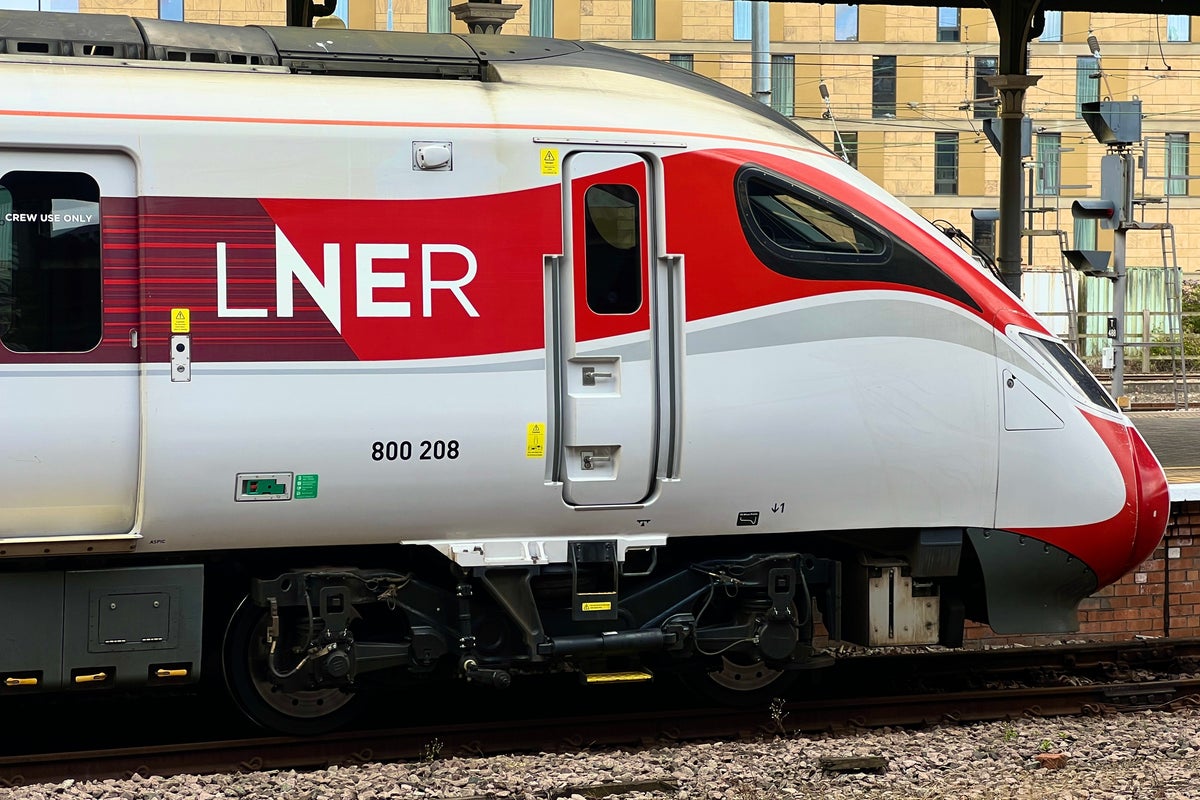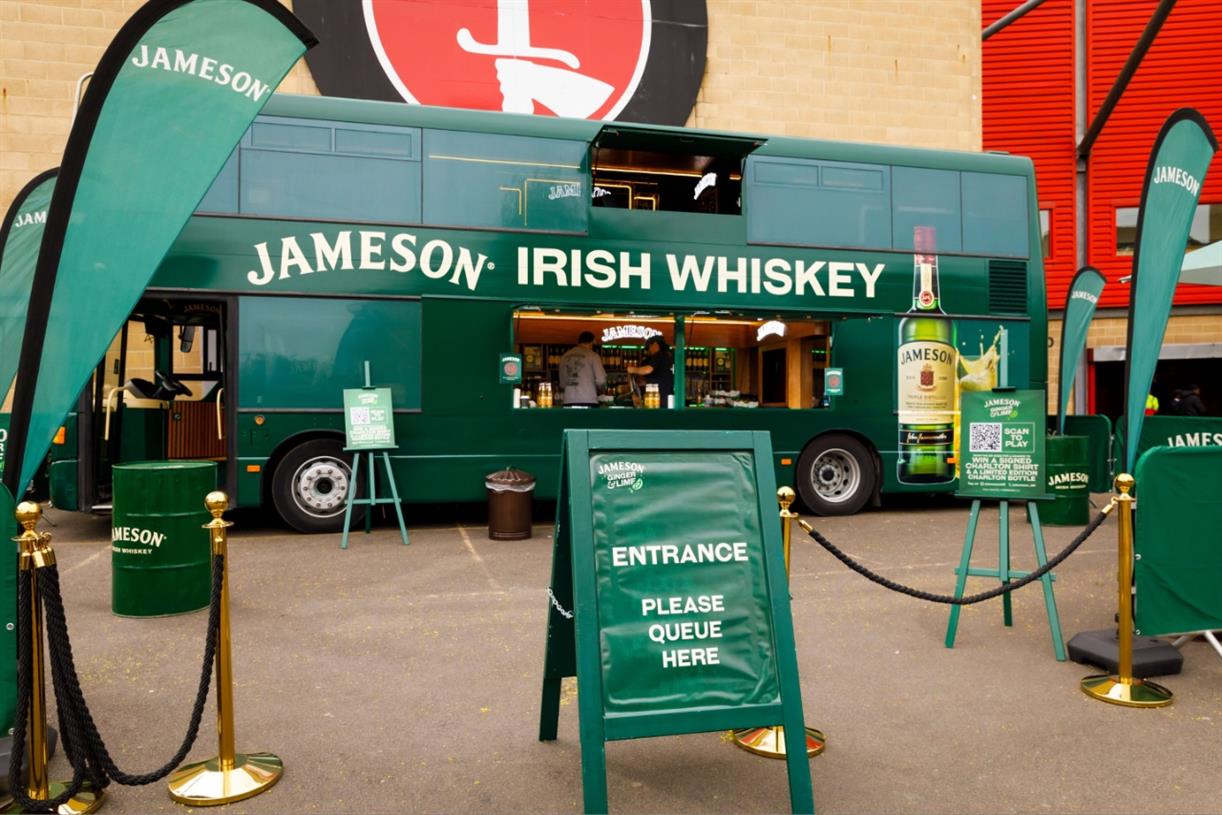Train fares on the East Coast Main Line soar – but only for a few of us
The Man Who Pays His Way: Here’s how to simplify rail fares and pacify passengers

Britain has two kinds of long-distance rail passengers.
The majority, of which you may well be part, are thoughtful travellers who organise their trips well ahead and are content with an advance ticket for a direct train from A to B. They choose the optimum combination of timing and price, just as they would with flights.
The minority is a loose collection of people who value flexibility in the time they travel and the chance to stop off along the way from A to B. That is my tribe. We are collectively concerned about the erosion, on the East Coast Main Line, of the chance to buy our favourite ticket types: off-peak and super off-peak (the latter is cheaper, but has more time restrictions).
The reason we love these tickets is because they deliver so much for so little on the line connecting London King's Cross with Yorkshire, northeast England and Scotland.
Take London’s King's Cross to Newcastle. Last Saturday, I could travel on any LNER train I wished for a super off-peak fare of £92. This bought the right to stop off to view the fine cathedral in Peterborough, pause for lunch in York, and sightsee in Durham. After each visit, I would be entitled to hop on the next train.
Yet according to the state-run rail firm, the price for such flexibility is the £200 anytime ticket. Technically, that is indeed the cheapest flexible fare from London to Newcastle on the East Coast Main Line. But until Sunday 7 September, it was possible to buy a ticket from Finsbury Park (the first station on the line) that would allow you to travel from King's Cross to the Tyne for £92. That workaround was devised by members of the flexible tribe who have even more time on their hands than I do.
Now, though, the “Finsbury perk” has been eliminated by LNER as part of sweeping changes to ticketing between the London suburbs and the upper reaches of the East Coast Main Line. The reason: the rail firm wants to revenue-manage all the trains it runs, and frankly me and my motley rabble are not helping. Everything we love about the off-peak ticket family is anathema to an organisation seeking to control capacity and fares on its trains.
The train operator says removing off-peak fares from 7 September “is designed to more closely resemble a vision for long-distance fares simplification and enables LNER to capture learnings to consider for the future”.
To translate management-speak: LNER wants to fill as many seats as possible while simultaneously extracting maximum revenue from each passenger (if that mission sounds ruthless, remember it is simply what all travel firms seek to do). Eliminating loopholes like the Finsbury perk will help.
The train firm claims that a curious ticket called “70min flex” is really the 21st-century equivalent of the off-peak. For a premium of £20 on the advance fare, it allows you to travel on the booked train or one up to an hour earlier or later.
While this will suit some business travellers, I have never been tempted. (Some canny travellers misuse it to save on tickets, though. For example, Monday’s prime 9.59am from Newcastle to London has a £108 advance price, but booking a flexible fare for the slower 10.37am for £99 allows you to switch to the express.) Neither will I countenance a £200 fare for a journey of under three hours.
To sum up: LNER wants everyone to behave like those sensible souls who plan. By way of friendly persuasion, it is seeking to make anyone who craves flexibility pay a lot more for the privilege. We in the off-peak tribe are outraged. No doubt a cunning replacement for the Finsbury perk is already underway.
Yet there is a better approach. Ditch that weird 70-minute flex. Make it super-easy for advance ticket holders to change bookings on the day for £20, plus any difference in fare, as enlighted airlines do. And cut anytime fares to a level that will entice off-peakers to book.
The usual chorus from rail firms to justify such £200 anytime tickets is that hardly anyone pays it. Well, make it (say) £150 and you might just find that many of us will, with a certain reluctance, accept it as an alternative to off-peak. Yes, it’s an annoying hike in spending, but frankly that price was arguably too low once railcard discounts come into the picture.
On that London-Newcastle run: I think a reasonable compromise (and template for other intercity routes) is to have just two ticket types. Sensible travellers will choose from demand-dependent advance fares in a range from £20 to £120. The rest of us can pick up a premium flexible ticket at £150 that you can book as you walk to the station. I dare LNER to try it.

 Koichiko
Koichiko 







.png?trim=0,0,0,0&width=1200&height=800&crop=1200:800)
























